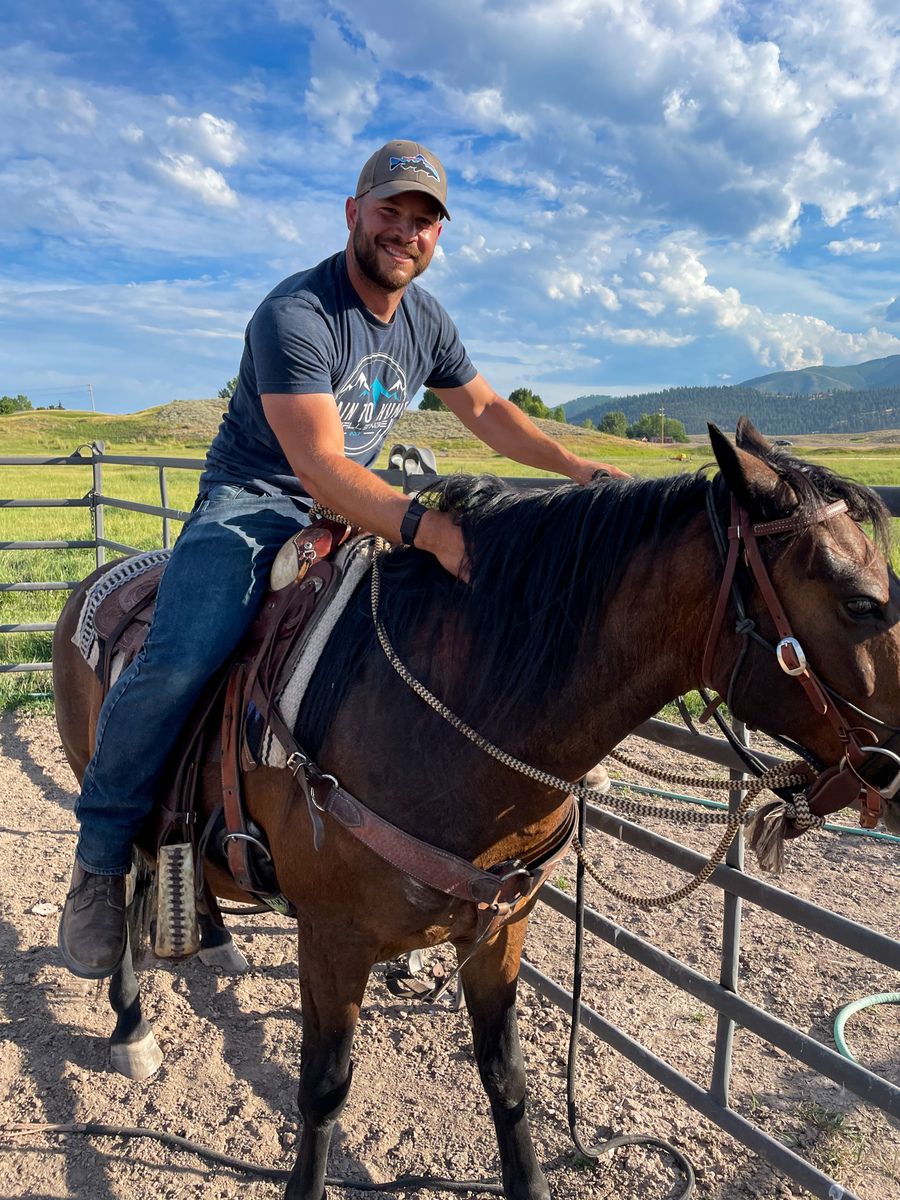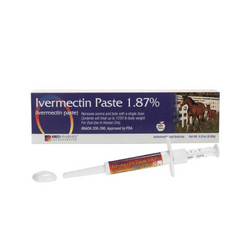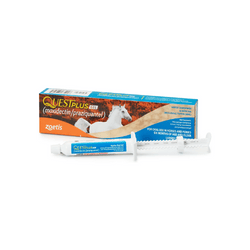
Why do horses have to be dewormed?
When it comes to health, sometimes a little prevention can be the best medicine.
Horses have parasitic worms that live within their intestinal tract. In small numbers, these parasites don't pose a problem. However, if they are present in significant amounts, they could have detrimental effects on your horse.
To help prevent elevated worm levels, you can give your horse various over-the-counter dewormers.
Common Dewormers Available On The Market?
The following is a list of dewormers available on the market. Note that this is not a complete list, and other brands may be available where you live.
Also, pay attention to the active ingredient. There is a difference between the Brand Name and the Active Ingredient.
Sometimes you can have two dewormers with different Brand Names, but they both contain 1.87% Ivermectin (the Active Ingredient).
Is there a difference between the two?
Most likely not, but some people feel more comfortable with specific brands.
It is similar to purchasing the brand Advil, or the generic Ibuprofen, at the store.
Some common dewormers are available at your local farm and ranch store, or you can purchase them online:
Ivermectin Horse Dewormer (1.87% Ivermectin)
*This was used for Dart's first Fall treatment.
Quest Plus Gel Horse Dewormer
*This was used for Dart's Spring treatment.
How do you know if your horse needs worming?
The surefire diagnosis if your horse needs deworming is the presence of parasites (or parasitic eggs) in your horse's fecal matter.
There are some additional tests your veterinarian can run, but they must be addressed if the worms are physically present.
According to Boehringer and Ingelheim, common signs that your horse is dealing with the presence of worms or parasites are:
Weight Loss
Colic
Diarrhea or Constipation
Rough Hair Coat
Respiratory Problems
If ever you have a question or concern, don't hesitate to call your local vet.
Can you worm a horse too often?
Like other medicinal applications, you should use the medication just enough to clear up the concern but not too much that your horse starts to develop a population of worms resistant to the dewormer.
According to the University of Illinois College of Veterinary Medicine, "Prevention is key!" Therefore, they also recommend performing fecal egg counts each Spring and fall.
"For horses that are shedding low numbers of worms (<200 eggs per gram), your vet will most likely recommend deworming only twice a year. For high-shedding horses, deworming more frequently may be required."
If you have never had an egg fecal count performed, it would be good to have them done for one season (Spring and fall) to set a baseline for your horse.
My Horse Deworming Schedule
This year is the first time Dart was wormed (that I am aware of) since they rounded him up from the wild.
He wasn't showing signs of worm issues, but I knew it would be a good idea to get him on a schedule in the long run.
I am lucky enough to have a sister who is a veterinarian and has horses. So, I contacted her and asked what schedule she had her horses on.
(If it is good enough for her horses, it will be perfect for Dart.)
The rotation that she uses is a combination of Ivermectin in the Fall and Quest in the Spring.
To evenly space the doses, Dart's schedule will be as follows:
Ivermectin in the Fall (November 15th)
Quest in the Spring (May 15th)
I planned on giving him his initial deworming before November, but life got in the way. So, that will be his 6-month rotation moving forward.
What Worming Schedule Should You Adopt?
Ultimately, I am not a veterinarian, and this is not medical advice.
This article aims to share some facts with you regarding worming and horses, so you can make an informed decision on the appropriate approach to deworming for you and your horse.
I will accomplish that mission.
If you have further questions, don't hesitate to contact your vet.









